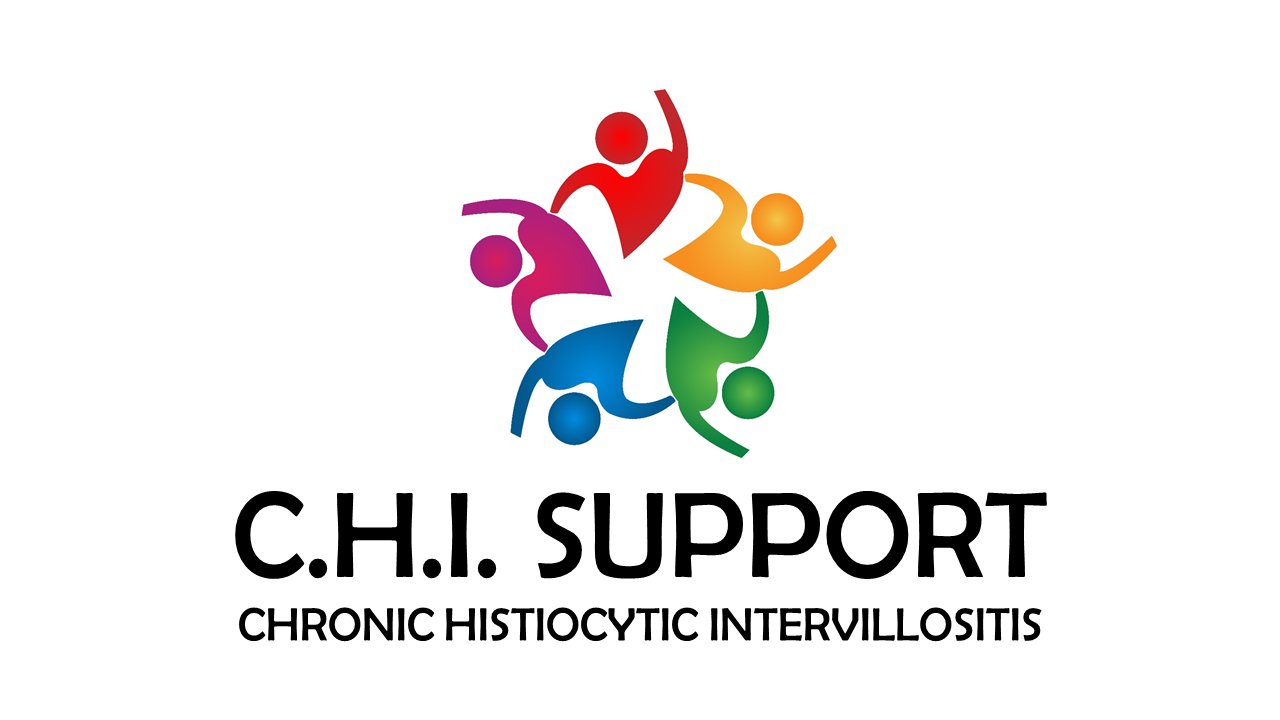Chronic histiocytic intervillositis (CHI) is a rare placental disorder that affects approximately 1 in 600 pregnancies.1 It is diagnosed when at least 5% of the intervillous space is occupied by maternal CD68+ immune cells (histiocytes) and is often accompanied by massive perivillous fibrin deposition.2 CHI is strongly associated with miscarriage (24%), stillbirth (29%), fetal growth restriction (72%) and preterm birth (68%).2 It carries a high risk of recurrence in subsequent pregnancies.1, 2 The aetiology of CHI is unclear, but its association with maternal autoimmunity and its histological similarity to rejected solid organ allografts suggest a maternal immune ‘rejection’ of the placenta.3 While maternal immunosuppression reduces the histological severity of CHI and can improve live birth rate,4 some patients have refractory disease in which every successive pregnancy is affected. Eventually, some of these women resort to gestational surrogacy. There is, however, only one published case of successful surrogate pregnancy in this context.5 Here, we report the outcomes of 17 surrogate pregnancies in which the embryos came from 13 women with recurrent adverse pregnancy outcomes due to CHI.
Categories
